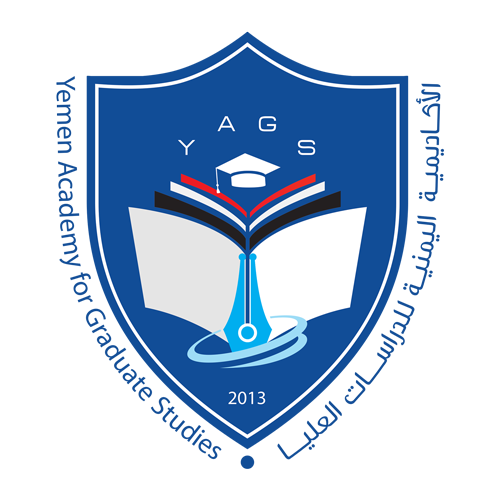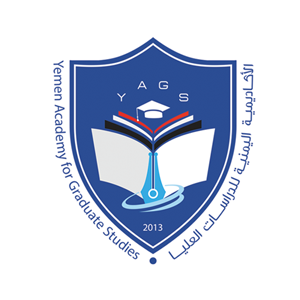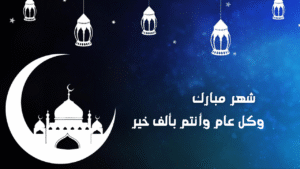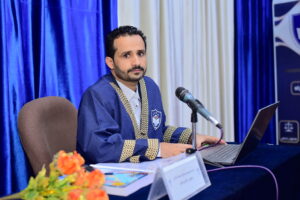This study investigated the translation of Arabic dialectical idiomatic expressions into English by Yemeni MA students of translation. It aimed to evaluate the extent to which these students succeed in translating dialectical idioms, identify the strategies employed in their translations, and explore the challenges they encounter during the translation process. A mixed-methods approach was adopted, combining both qualitative and quantitative data collection and analysis. The qualitative method involved a translation test consisting of 30 dialectical idiomatic expressions drawn from the Palestinian novel A Lady from Tel Aviv, categorized into five types: pure idioms, figurative idioms, restricted idioms, collocations that have become idioms, and religion-based idioms. An evaluation checklist was employed to assess translation accuracy and strategy use. The quantitative method was utilized in analyzing the frequency and percentages of the participants’ responses to a structured questionnaire composed of 20 close-ended items addressing structural, semantic, strategic, and sociocultural translation challenges. The sample comprised 16 MA translation students from Yemeni universities, homogeneous in age, gender, and academic background. The findings revealed that students’ success in translating idiomatic expressions varied considerably across idiom types. Figurative idioms and collocations with shared metaphorical concepts between Arabic and English were more accurately translated, scoring 64.2% and 61.4% of accuracy value respectively, especially when functional and ideational strategies were applied. Conversely, religion-based idioms and posed significant challenges, scoring 37.5% of accuracy value, with literal translations often resulting in lower accuracy scores. The dominant strategies identified included functional equivalence, ideational equivalence, and literal translation, with functional strategies proving most effective in conveying meaning. The analysis of the questionnaire responses highlighted multiple translation difficulties, primarily arising from structural and semantic complexities, lack of practical mastery of effective translation strategies, and cultural untranslatability. The study concludes that while students demonstrate a theoretical awareness of translation strategies, their practical application remains limited due to inadequate exposure to target language cultural contexts. The findings underscore the importance of incorporating intensive idiomatic translation training and cultural competence development into translator education programs in Yemen.
عنوان الرسالة
الباحث
حنين حسن حسن محمد عصيوران
مشرف الرسالة
أ.م.د/ عبد الله علي الارياني
سنة الإقرار
تاريخ المناقشة
لغة الرسالة
إنجليزي
الملخص




